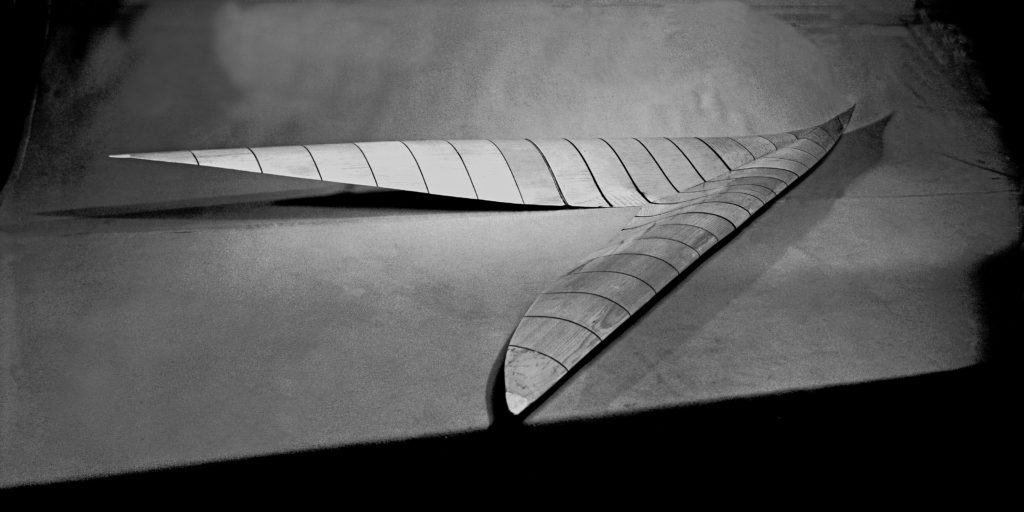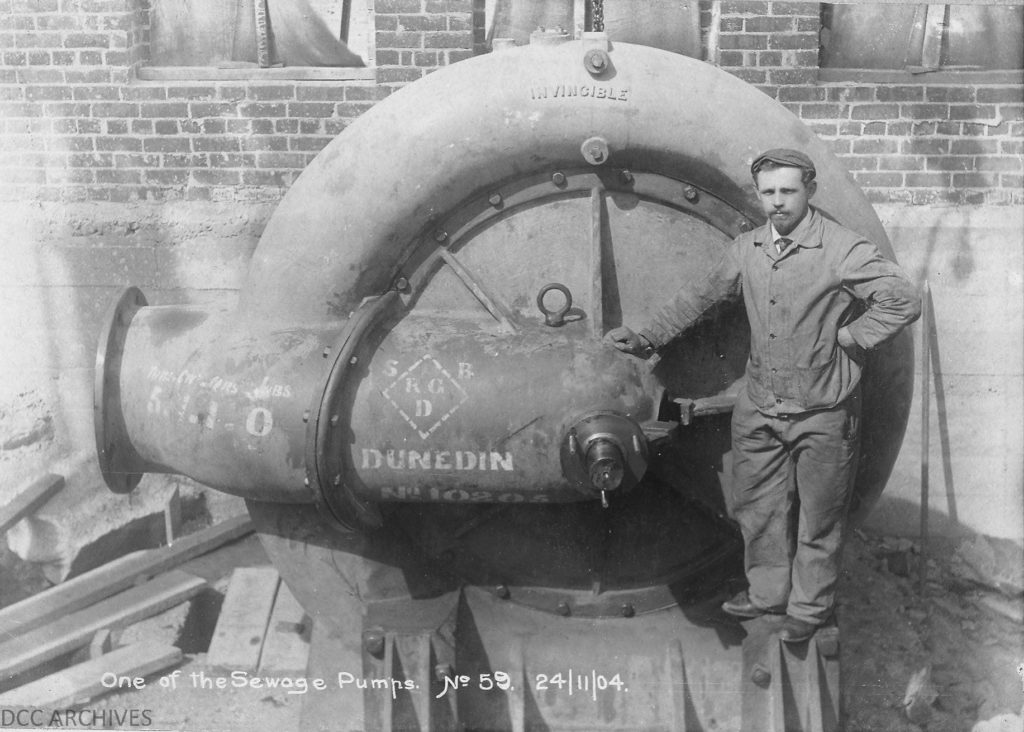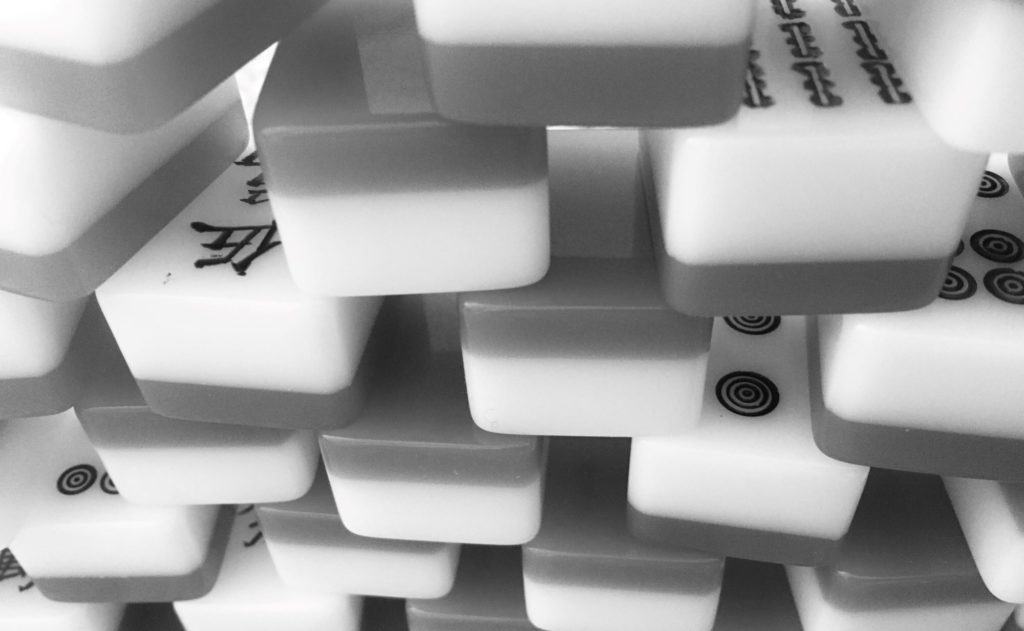Thanks for reading. Please subscribe if you’d like the next letter in your inbox.
(notes on) Find Your Why
Sinek’s first book was a TED talk that was bloated to book-length. This is the book that Start With Why should have been.
The first chapter of Find Your Why is a perfect encapsulation of its more famous predecessor. The rest of the book completes Sinek’s “why-how-what golden circle” concept, fleshing out the idea within the standard structure of the self-help genre:
- Introduction: Sell the Concept (Start With Why)
- Body: Instructions for the reader actualize the Concept in their lives.
- Conclusion: Reiterate the Concept with final encouragements.
The Find Your Why method asks you to recount the moments in your history that lit you up inside. Then you process these memories with their method to develop a why statement formatted as:
TO <blank> SO THAT <blank>.
“TO inspire people to do the things that inspire them SO THAT, together, we can change our world.”
Sinek’s own why statement
Unfortunately, the Find Your Why process requires a partner for half a day to talk about yourself and probe your memories. I generally avoid self-realization exercises (even though my experience with Golden Parachute was fairly illuminating), much less burdening those around me.
The authors claim their process isn’t possible to execute by yourself, so I’m not going to try. But if I were to take a stab doing their program, I would first try it on my own to probe the weak points of their method, before forcing an acquaintance (spouses aren’t recommended for this exercise) to participate in my navel-gazing.
If you’re curious about discovering your why, and if you have someone who owes you a big favor, it’s worth checking out. And even if you don’t, this is the better of these two “why” books.
I listened to this book at double speed, taking two and a half hours to “read” while doing chores. I don’t regret this minimal investment, however, if I were to do anything further, I would need to get a printed copy. I can’t imagine running this elaborate exercise without a visual reference. Then again, I haven’t felt any urge to find my why so over the past few months, so it is unlikely it will ever happen.
Even though I’m meh about both of Sinek’s “why” books, I very much enjoyed his other books Leaders Eat Last and Infinite Game. They are both excellent reads.
~
A Question
Is the whole “why” thing is overrated?
Hit reply and let’s chat!
~
A Few Links
ESPN occasionally commissions a great essay. This is a lovely portrait of a Will “Akuna” Robinson, a veteran who has hiked the three great trails in the United States.
Self help books may be a contemporary route to self knowledge, but I wonder if traditional wisdom books may be a better path. If my hunch is correct, I’d recommend Ecclesiastes, Dao De Jing, Analects, Bhagavad Gita, and Havamal. If nothing else, these have stood the test of time.
… and a photo.

~
Thanks for reading the OPM letter! I’d love to have a conversation if you have any feedback. I hope you found some prompts to stretch your craft and relationships as a curious Owner PM. See you next week!
Stay humble, be kind, and keep experimenting!
Justus Pang, RA



